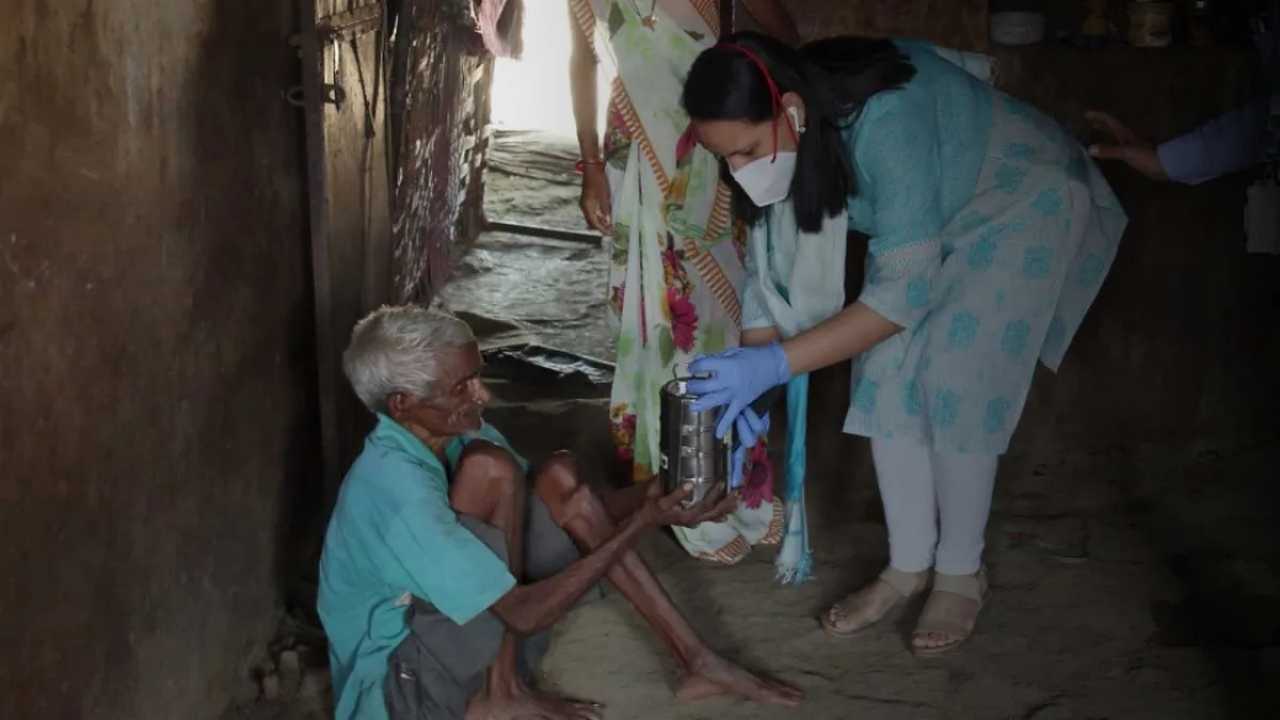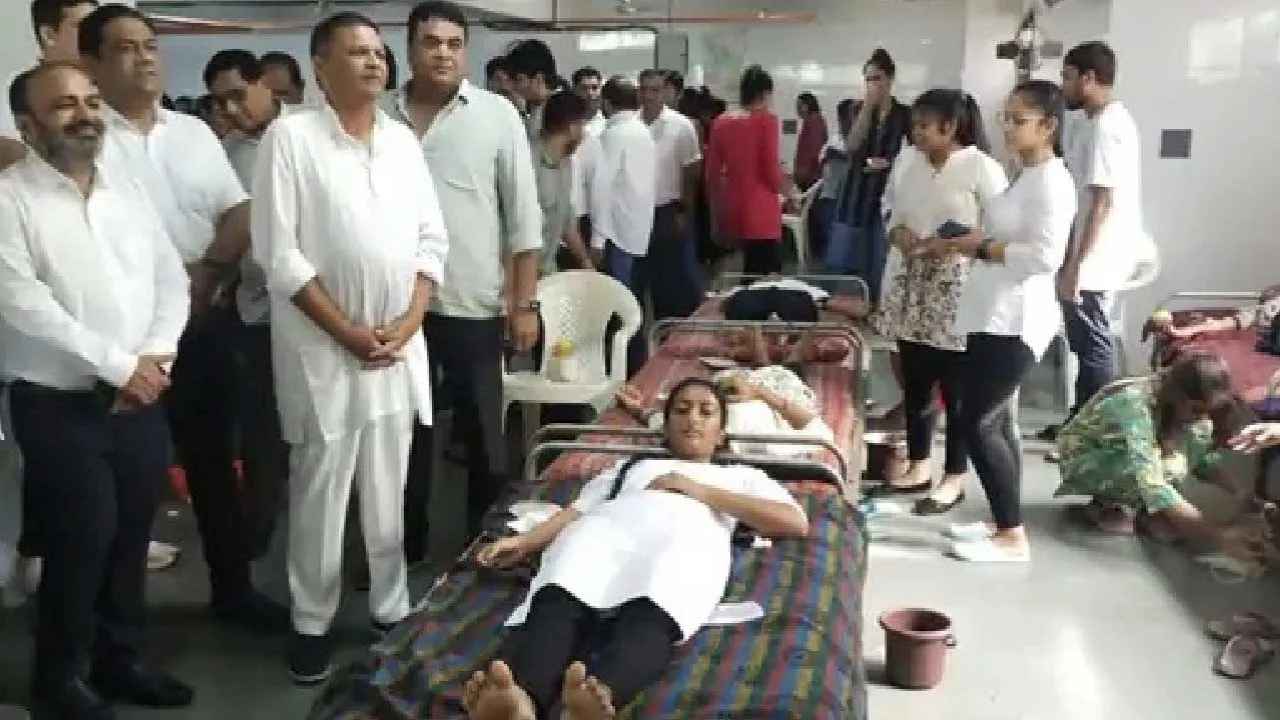Serving Society Doesn’t Require Being an MLA or MP

Politics and social service are often perceived as closely linked, but in reality, there is a fine and important distinction between the two. Many people believe that to serve society, one must hold a position like that of a Member of Legislative Assembly (MLA) or Member of Parliament (MP). But is this truly necessary? The answer lies in understanding the fundamental nature of both politics and social service.
Social service is the act of working for the betterment of society and its people. It does not require power or a political position. A common individual can bring about change by improving education in their village, helping the underprivileged, or taking initiatives for environmental protection. True social service is always selfless, with no desire for personal gain or power. For instance, in many villages of Gujarat, people have built check dams to solve water problems without holding any official post—driven purely by dedication and a sense of responsibility toward their community.
Social service is a field where individuals use their abilities and resources to uplift others. It can begin at a small level. Whether in a village, a city, or at the state or national level, service rooted in empathy and commitment is the real essence of social work. Power is not essential for this—only sincerity and compassion are.

In contrast, politics is inherently tied to power. Its main purpose is to create policies, govern, and lead society in a certain direction. For this, elected positions like MLAs or MPs are important as they are involved in law-making and implementation. However, politics often becomes a tool for personal gain and influence, distancing itself from the selfless motives of social service.
Looking at Gujarat’s political history, many leaders began as social workers and later entered politics. But as they rose to positions of power, their focus gradually shifted from service to political advantage. This highlights how power plays a central role in politics, whereas it holds no significance in genuine social service.
Despite this, politics and social service are not entirely separate. A good politician can work with a spirit of service. Leaders like Sardar Vallabhbhai Patel and Narendra Modi are examples of political figures who prioritized public welfare. Their lives show that when power is used for the good of the people, politics too can become a form of social service. However, such examples are rare.
In today’s times, politics is increasingly associated with personal interest and favoritism. Grand promises are made before elections, but many are forgotten once power is attained. In contrast, social service is an ongoing process that requires no promises—only good intentions and noble actions.
Whether it is one’s society, village, city, state, or country—true service lies in unwavering dedication. And this can start at a grassroots level. For example, if a person organizes a cleanliness drive in their village, it is an act of service. If that same initiative expands to a city, it becomes a larger movement. In this way, small efforts can lead to significant changes.

Several social organizations in Gujarat have exemplified this. Institutions like Khodaldham, Vishv Umiya Foundation, Swaminarayan trusts, and many others have made impactful contributions in education, healthcare, and poverty alleviation—without holding any political authority. Their work demonstrates that strong willpower and commitment matter more than political office when it comes to social service.
Ultimately, the difference between politics and social service is clear. Social service is driven by selflessness, while politics revolves around power and governance. Although both can aim for societal welfare, their paths and purposes are different. At a time when politics is increasingly influenced by self-interest, the value of genuine social service becomes even more apparent.
It is important to understand that one does not need to be a sarpanch, municipal councilor, MLA, or MP to serve society. All it takes is a dedicated mind and a spirit committed to serving others.




